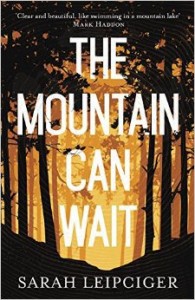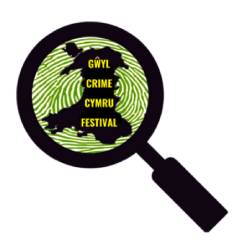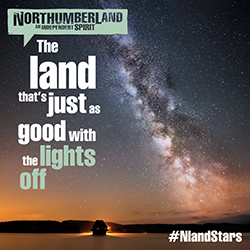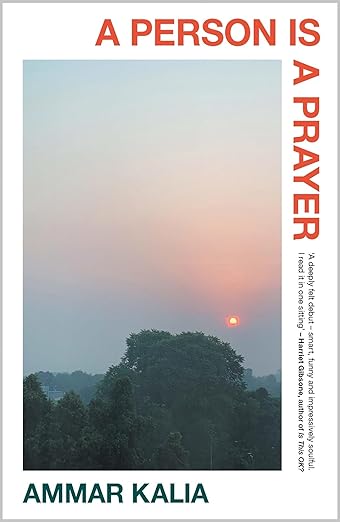Canada – SARAH LEIPCIGER – The Mountain Can Wait
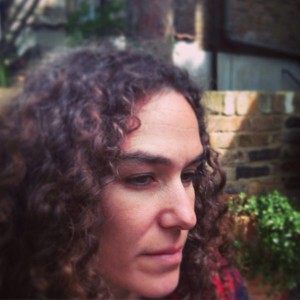
We’ve driven deep into the Canadian Rockies today in order to meet the wonderful Sarah Leipciger, author of The Mountain Can Wait. I hope she can wait as we’re running a little late – a few too many bears and moose on the roads in this part of the world. slowing down the traffic. But we’re nearly there – we’re meeting in a log cabin in the woods and having a bonfire, maybe even fell a few trees to get the feel of the story. We’ve brought twizzlers – a yummy Canadian sweet and the Canadian version of licorice, very red and plastic and sweet.
Hi Sarah. Thanks for waiting! We kick the snow off our boots and settle in with the lovely blankets she’s given us, maple syrup lozenges to soothe our throats and a few homemade cakes Sarah’s been busy baking. We’re happy booktrailers indeed. May never move out. We’ll stay here and look after the place when you go back to the UK.
We have so much to ask you. And Happy Canada Day!
Your novel’s setting is very unique. Can you tell us more about the Canadian wilderness and why you wanted to set your novel there?
I spent six very happy years living on Vancouver Island, British Columbia, going to university in Victoria. To pay for university, I spent my summers knee deep in slash piles, arms glistening and burning with 100% Deet, planting trees. When you live in Canada’s west, your soul is constantly fed and revitalised by the land – forests of old growth trees wide enough to drive a car through (or live in, as a friend of mine did one summer in a hollowed-out cedar), carpeted thickly with green moss; Pacific islands where the windy beaches are strewn with logs bleached and polished. The eastern border of the province is delineated by the Rocky Mountains and in the north, where I treeplanted, there are yet more mountains and rivers and lakes, pine and spruce forests that would seem to go on forever if it weren’t for the enormous swathes of clearcuts. I set my novel in this landscape because the character of Tom Berry could only have inhabited this landscape: on one level he is fulfilled and inspired by its beauty and he respects its brutality and its rules, yet he’s not sentimental about cutting into it or taking life from it for his own survival.
Can you tell us a few places that we should visit in order to get a feel for the setting in your book?
The novel is set in three quite distinct areas of British Columbia: the ragged clearcuts to the north of the interior BC logging town of Prince George; the ski resort town of Whistler, which is part of the coastal mountains north of Vancouver, and a fictional Howe Sound island off the southern coast of BC, where temperate rainforest meets the Pacific Ocean.
The relationship between father and son is a strong one. Is this what drives Tom to do what he does?
The relationship drives Tom, but more than this, it’s his sense of duty. He doesn’t come to fatherhood naturally, and in the beginning, his love for Curtis grew out of his sense of responsibility for another life. He convinces Curtis to turn himself in because he knows the boy’s life will be intolerable if he doesn’t.
The theme of the environment is strong in the novel. Do you think we could learn something from people who live off their land like this?
I think the book shows two very different types of “living off the land”. On one hand you’ve got Bobbie who gathers wild food and spins her own wool, while of course on the other hand there is the logging and silviculture industry which, though brutal and devastating, provides jobs and livelihood for thousands of Canadians. I care about the environment but I can’t pretend to be an environmentalist – I recycle and turn off the lights when I leave a room, but also drive my car more often than I should and always forget to refill my refillable washing-up liquid. I suppose if Tom were to answer this question, he would say that our reckless destruction of the environment makes us fools, but that doesn’t mean we shouldn’t also use the land to support our lives, as long as we do it sustainably and responsibly.
You seem to love nature. Do you enjoy painting, walking or anything similar in the great outdoors?
I’m definitely not a painter but I have always loved the outdoors. I grew up on lakes and rivers, spent most of my teenage years in a kayak. My favourite landscape is the forest, northern lakes and mountains. Here in England, in London where I live, there is of course little access to this kind of environment. But eight years ago I joined an open-water swimming group and it changed my life. We train in an outdoor pool, but we compete in lakes and rivers, both in England and internationally. This spring we head to Croatia for a week to train in the sea. I also do a lot of camping with my husband and our three kids—here in England, also in Scotland and France.
Thanks Sarah for that insight into your mountainous world. We look forward to returning very soon indeed.
Booktrail Boarding Pass Information:
Twitter : @SarahLeipciger

